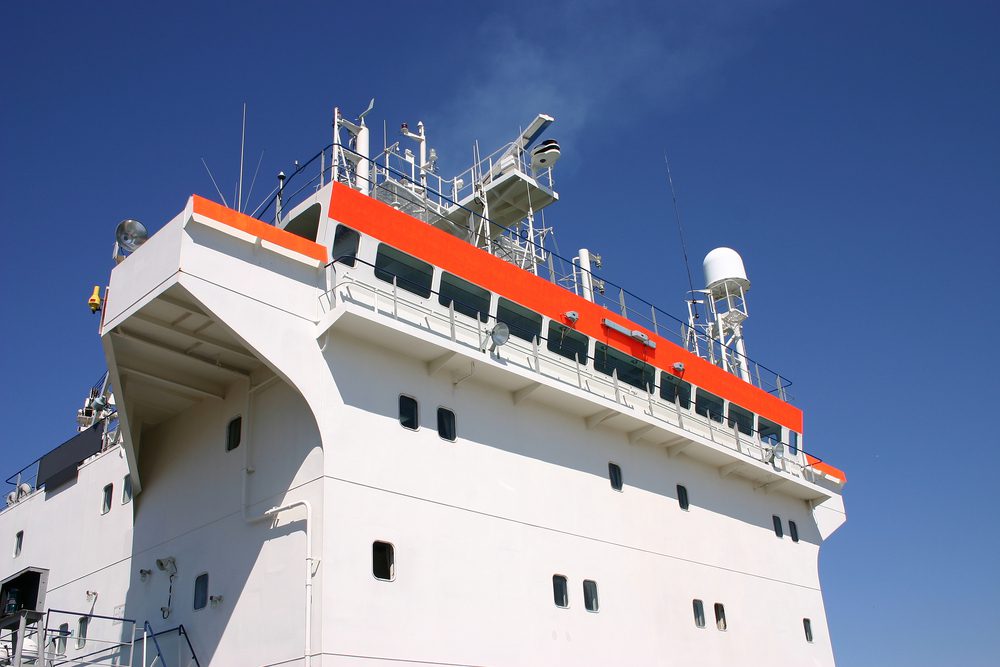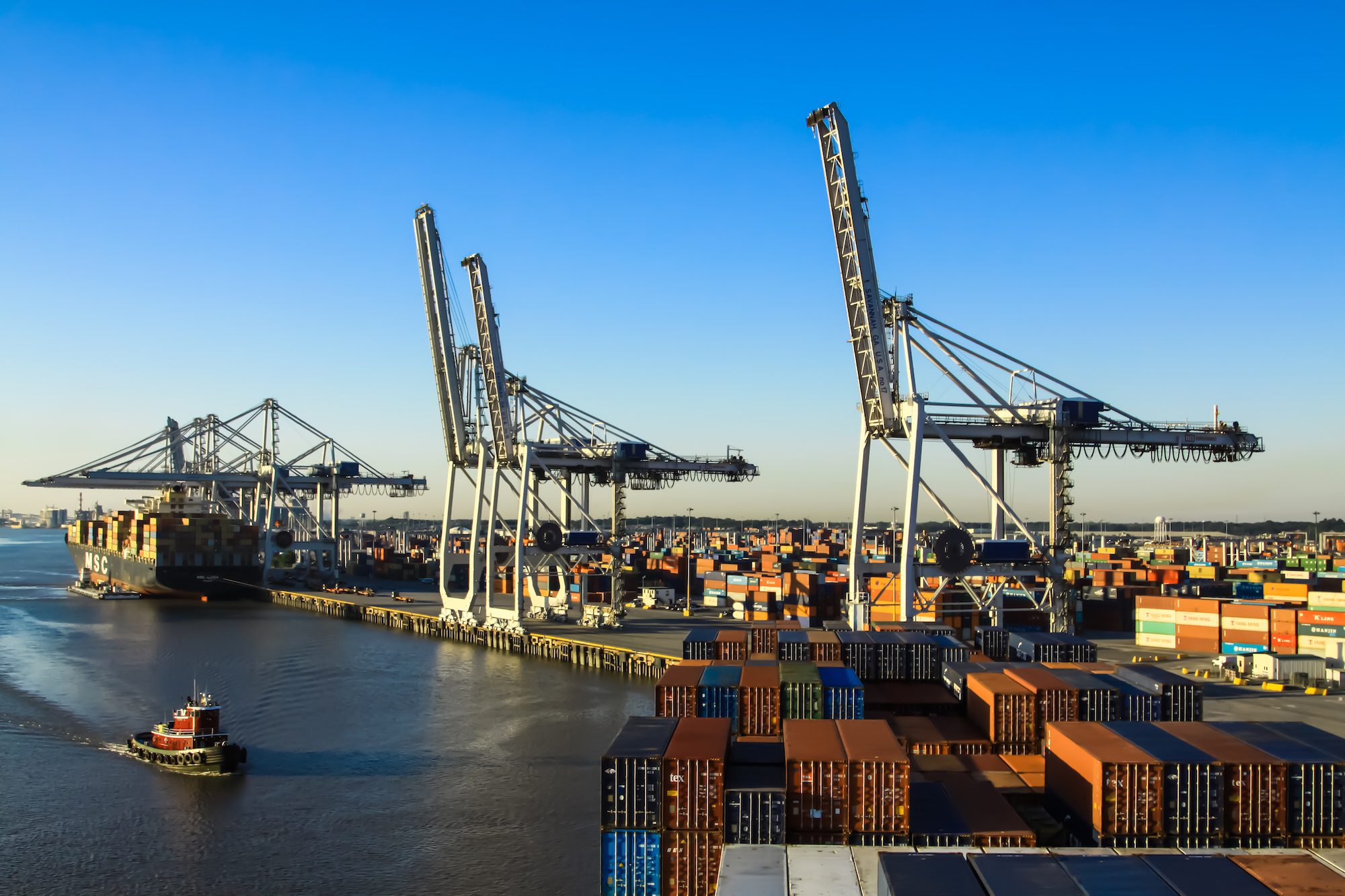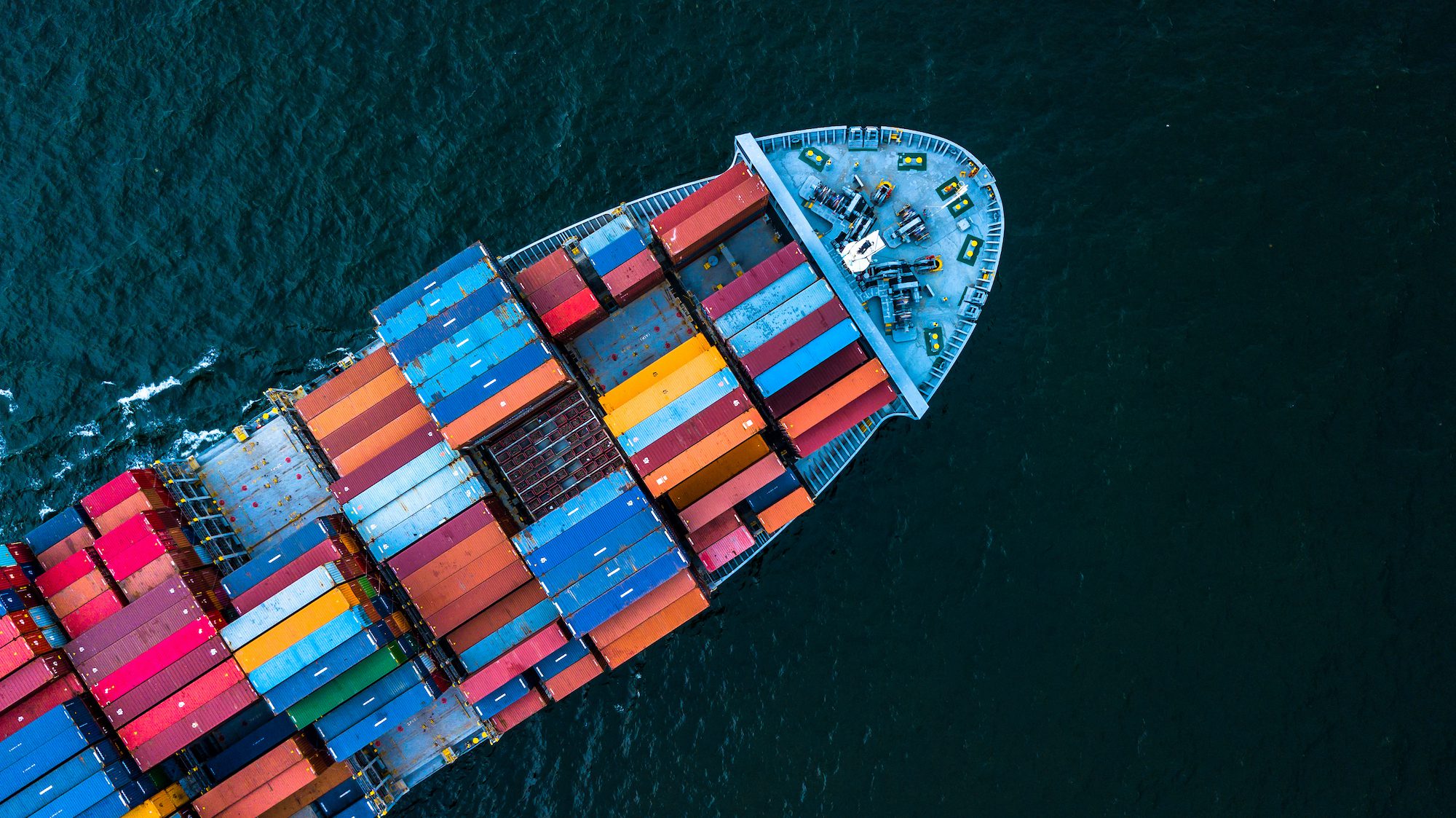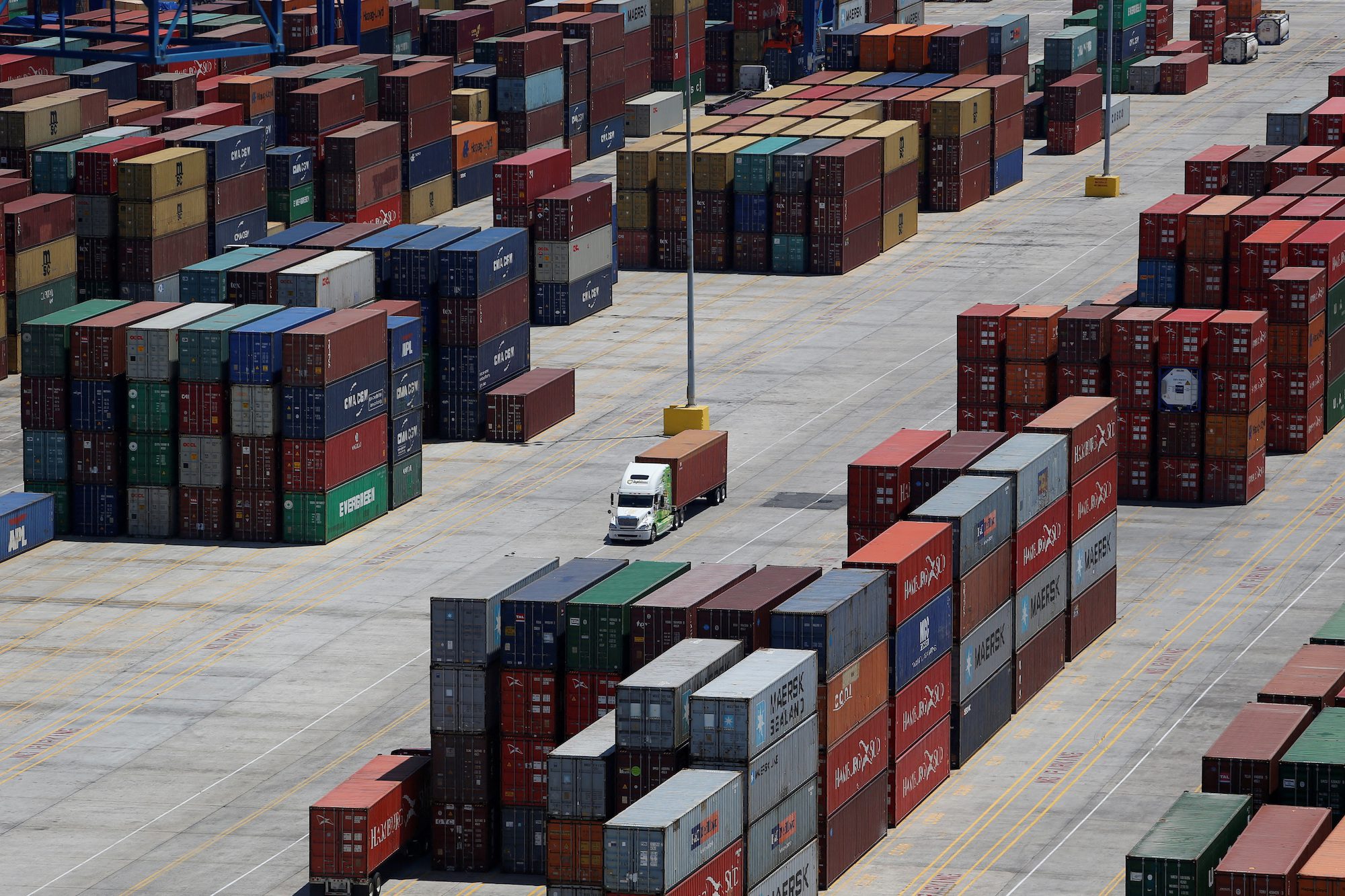Mental health problems among seafarers are getting worse, not better, with an industry report citing an increase in requests for counseling support from ships’ Masters. Asian crew members top the list of nationalities most affected.
A recent three-month study by Mental Health Support Solutions (MHSS), which operates a 24-hour mental health helpline and provides mental health services to seafarers and others in the maritime industry, showed that anxiety among those onboard ship remained a growing issue with burnout and depression being widely reported in the first month of the study, which took place from December to February. According to MHSS, burnout and depression require a sustained and long-term approach to treatment, so these problems are likely to rise again as they are re-triggered by events.
MHSS reports that December saw an increase in counseling interaction and, out of the three months, generated the highest level of critical incidents. Reports related to COVID-19-induced anxiety, fatigue and worry about external factors, are also on the rise – a correlation that has been confirmed through MHSS’ interaction with vessel Masters.
There has also been an increased in reporting of incidents by Eastern European crew, with the incidents widely-ranging in severity from low to critical, in some cases.
Charles Watkins, Managing Director and Clinical Psychologist at MHSS, said there was a trend towards the end of the reporting period for more moderate to high level incidents than previously seen.
“There is some positive news as low-level incidents are being managed locally by techniques learnt through training and high-risk incidents escalated to MHSS,” said Watkins.
“In February 2021, MHSS’ Russian team assisted a serious case of psychological disablement, restoring the affected seafarer (onboard) to full working capability and, in so doing, preventing a deviation and loss of service or interruption to the vessel in question,” he added.
MHSS also reports increasing and repeated use of the its mental health hotline for seafarers once initial contact is established. The company says seafarers are appreciated of the follow-ups and counseling received.
Young cadets are a risk group for many vessels as they have less experience to cope with stressors at sea. Therefore, older more experienced seafarers should offer this group guidance and support, MHSS recommends.
The study also showed an increase in interactions from Eastern-European ratings and officers. MHSS notes that given that this group is typically reluctant to interact, the underlying feeling of discontent is likely to be much higher.
“We expect to see an increase in anxiety regarding COVID-related travel complications and limited crew changes,” Watkins stressed.
The report also issues several of its own recommendations, such as creating an onboard “buddy system” and normalizing mental health discussion and support.
“Mental health directly impacts the safe operations of a vessel and organizations must have professional and confidential structures in place to treat mental health issues generated by work and external influences,” said Watkins.
“Other factors such as religion, nationality and upbringing create additional stressors amongst crew interactions. Without a consistent approach to mental health issues, these are dealt with locally by the crew themselves – without training and with potentially dangerous consequences. Access to on-demand professional psychological support welcomed by crew and onshore staff.”

 Join The Club
Join The Club











